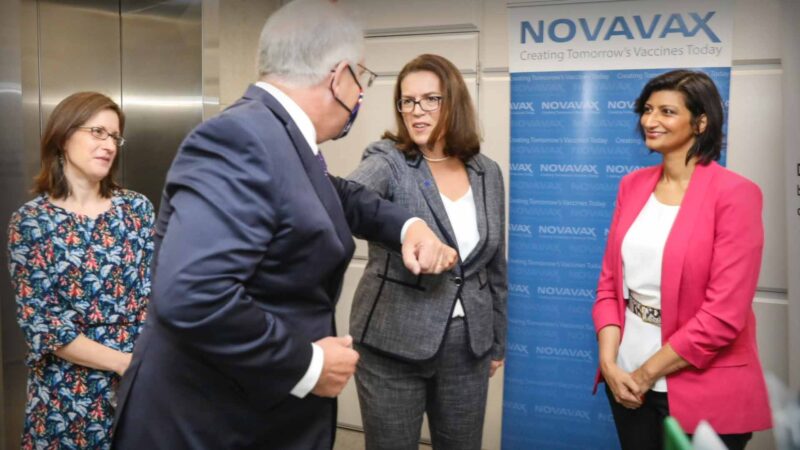The Ramaciotti Foundations are a philanthropic organisation that provides financial support to medical research in Australia.
The Ramaciotti Medal for Excellence is awarded annually to an Australian researcher who has made a significant contribution to biomedical research in Australia. The award is accompanied by a medal and a cash prize of AUD $50,000. The recipient of the award is selected by a panel of experts in biomedical research, who evaluate the nominees based on the quality and impact of their research.
The Ramaciotti Medal for Excellence is considered one of the most prestigious awards in biomedical research in Australia and is highly sought after by researchers in the field.
In 2022, Professor Matthew Kiernan was the recipient of the Ramaciotti Medal for Excellence and the associated $50,000 award. Professor Kiernan is considered one of Australia’s most prominent clinical neurologists and neuroscientists and has received the Ramaciotti Medal in recognition of his extensive research into neurodegenerative disease including dementia and motor neurone disease (amyotrophic lateral sclerosis; MND/ALS).
His extensive record of research into the pathophysiology of MND has resulted in breakthroughs that have changed the management of the disease by physicians worldwide. His research has closed the loop from bench to bedside with technique developments and scientific discoveries translating into greater understanding of the disease and improved patient management.
Professor Kiernan is the Bushell Chair of Neurology and Co-Director of the Brain and Mind Centre at The University of Sydney. He is Professor of Neurology and Staff Specialist at the Royal Prince Alfred Hospital. His work has led to appointments including Chair of the World Federation of Neurology – Motor Neurone Speciality Disease Group, and international recognition through The Forbes Norris Award of the International Alliance of ALS/MND Associations and most recently the Sheila Essey Award of the American Academy of Neurology for significant research contributions in the search for causes, prevention, and cure of ALS.
Australian Health Journal spoke with Professor Kiernan to hear about his journey in medicine and science to try and uncover and understand diseases and his generosity of spirit to pass on what he has learnt.
You Might also like
-
Addressing Wound Management
The cost of chronic wounds in Australia is estimated to be $3 Billion per year, impacting 420,000 Australians. Not only is this a national economic concern, but more importantly, is the suffering the person may be going through.
Australian Health Journal met with Hayley Ryan, Board Director and Chair at Wounds Australia and Director at WoundRescue to hear her work in chronic wound management, palliative wounds and pressure injury prevention to comfort those living with a wound.
-
Sovereign capability uplifted
Skilled labour, in particular skilled in the manufacture of MTP products, namely competency in Good Manufacturing Practice (GMP), was identified as one of the key priorities, according to Jarrod Belcher, Director of the REDI Program at MTPConnect. Through a competitive process, MTPConnect selected additional industry training providers to deliver new programs addressing key skills gaps in the sector workforce.
Launched in September 2022, one of these programs is GMP Uplift developed by the Centre for Biopharmaceutical Excellence (CBE). CBE bring experience across large and small Biologics, Pharmaceuticals and Regenerative Medicine companies, both in consulting and GMP related enterprise training. CBE staff also have extensive experience in GMP operations, compliance, auditing and QMS design, a wide industry network for guest lecturers and readily available case studies.
-
Family biz succeeds in vaccine approval & distribution
It’s been 10 years since Jenny and Karl Herz started in business. Over the past 10 years they’ve launched Biointelect and Biocelect businesses to help secure approval and distribution for new medicines into Australia.
In this Australian Health Journal interview, Jenny and Karl talk about the journey the husband and wife team took to get the Novavax COVID-19 vaccine (Nuvaxovid) approved and distributed in Australia. The journey didn’t just include talented and diverse skilled staff but also their children working in both organisations.



